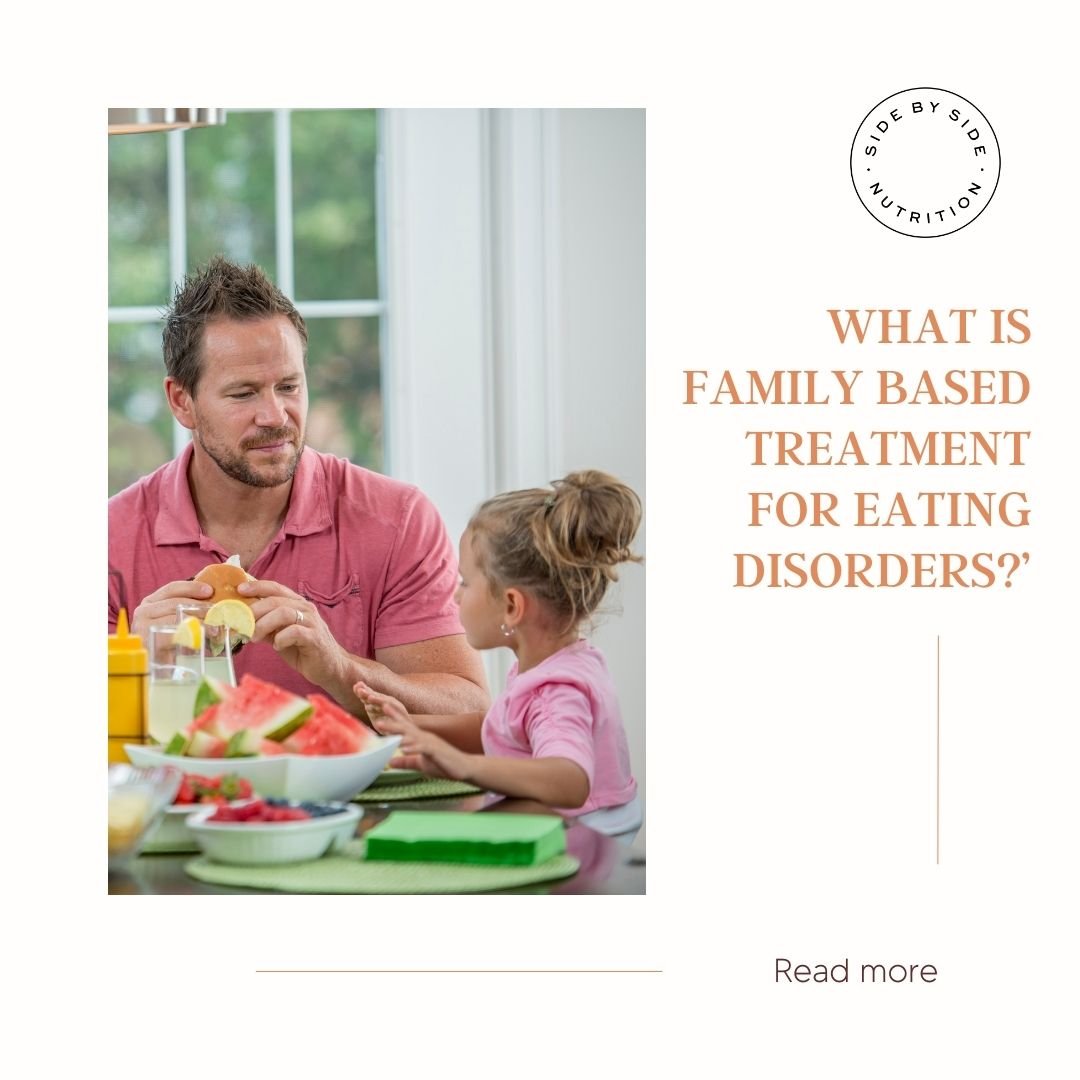Diet culture is pervasive in our society, constantly bombarding us with messages about what our bodies should look like and what foods we should or shouldn’t eat. For those who have struggled with disordered eating, diet culture can be a major barrier to recovery, reinforcing unhealthy beliefs about food, weight, and body image.
Read MoreOne of the most important aspects of healing from disordered eating is developing self-compassion. In our society, we’re often taught to be our own harshest critics, especially when it comes to food, body image, and dieting. For someone struggling with disordered eating, this critical inner voice can be overwhelming, leading to feelings of shame, guilt, and frustration.
Read MoreBreaking free from body checking is possible, but it takes time, intention, and support. Here are actionable steps to help you reduce this behavior and focus on building a healthier relationship with your body.
Read MoreBody checking is a behavior many people engage in, often subconsciously, as a way to monitor or assess their physical appearance. While it may seem harmless or routine, body checking can have a significant emotional and mental toll, particularly for those with body image concerns or eating disorders.
Read MoreIn today's fitness-thin-centric culture, the pursuit of a toned physique or peak athletic performance is often celebrated, no matter what costs it may have taken an individual to get there. Furthermore, there's often an association between fitness and health with a specific toned and ideal body type, which can lead to harmful messaging. It's important to recognize that these concepts are not interchangeable. This causes athletes to be more at risk for the possibility of developing disordered eating and body image struggles and possibly a diagnosable eating disorder like, Anorexia Athletica.
Read MoreAre you confused about who to turn to for reliable nutrition advice? It is super confusing to understand where to go for nutrition advice and why! However, it is an important question to ask to go to the best person for you and your needs. We're here to clear up the confusion and help you make an informed decision about who to trust with your health.
Read MoreThis is a question we commonly get and the answer is quite lengthy and depends on each client’s individual needs and goals. Dietitians often create personalized meal plans for their clients and the process involves a collaborative approach where the dietitian works closely with the client to understand their individual needs, preferences, health goals, and any specific dietary restrictions.
Read MoreIn the realm of managing eating disorders, seeking the guidance of a registered dietitian can be a pivotal step toward recovery and reclaiming a healthy relationship with food. However, the question of “how much support” to receive and why it isn’t always straightforward and depends on the needs of each client. Let's dive into this topic and shed light on the significance of the frequency of sessions for outpatient eating disorder work.
Read MoreEating disorders are complex mental health conditions that affect individuals of all ages, genders, and backgrounds. These struggles aren't just about food—they affect every aspect of our lives, from our physical health to our relationships with ourselves and others. Family Based Treatment has proven successful for families and loved ones struggling with an eating disorder.
Read MoreEating disorders are complex conditions that not only affect individuals but also deeply impact their families. As dietitians passionate about eating disorder recovery, we have witnessed firsthand the toll these disorders take on both the person suffering and their loved ones. In the realm of treatment, one approach stands out for its effectiveness and unique focus on the involvement of families and loved ones: Family-Based Treatment (FBT).
Read MoreAtypical anorexia and anorexia nervosa share many similarities, with the key difference lying in their weight criteria for diagnosis. Both conditions are characterized by extreme restriction of food intake, fear of gaining weight, and distress over body image. However, while individuals with anorexia nervosa typically have significantly low body weight, those with atypical anorexia may not meet the extremely low weight criteria associated with anorexia nervosa.
Read MoreBody image research is DEFINITELY lacking but we do have an understanding based on the research that tells us about why some people have better body image than others and what qualities, skills, components they have that allow them to have a healthier, more positive relationship with their body.
Read More












